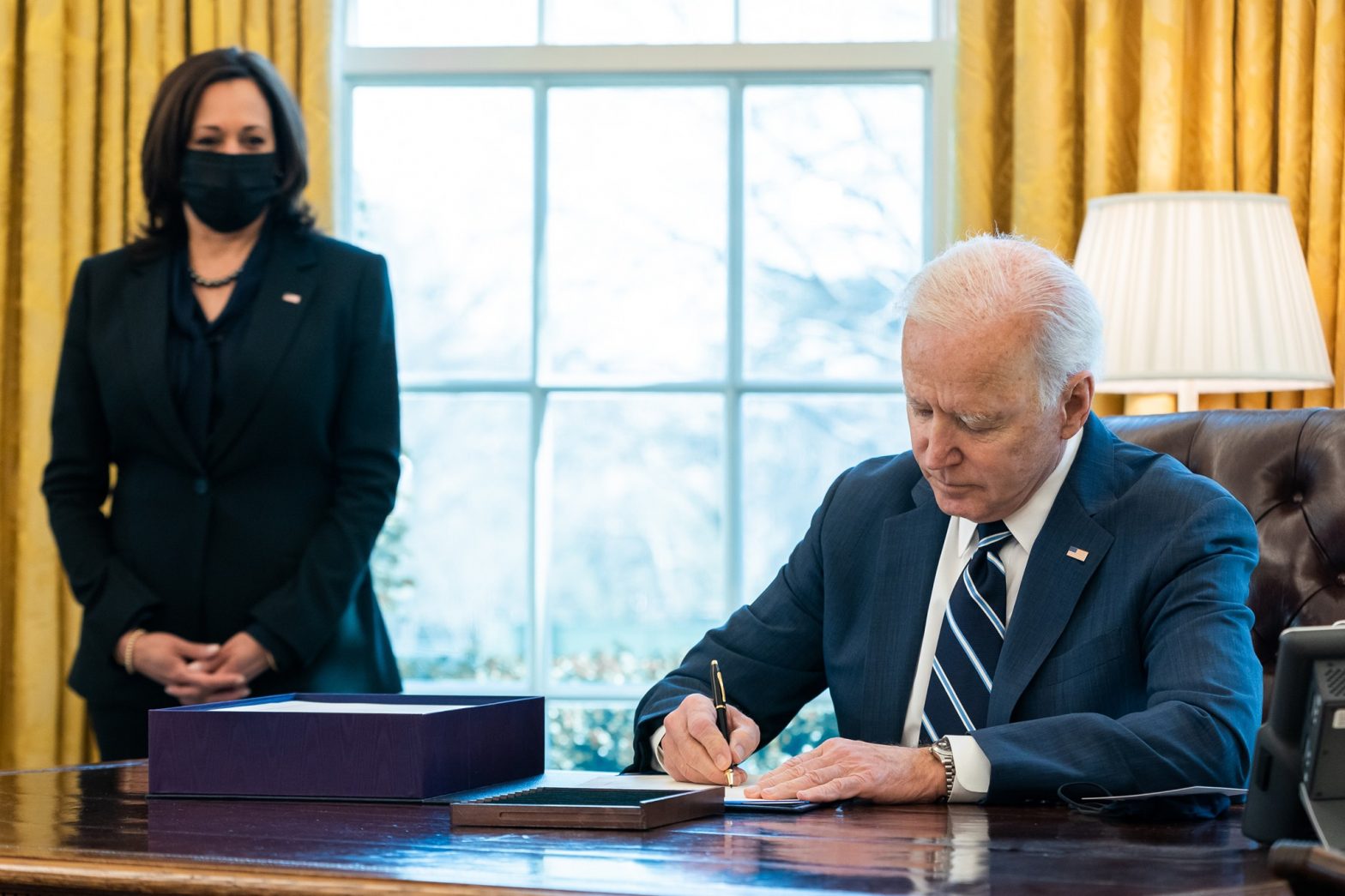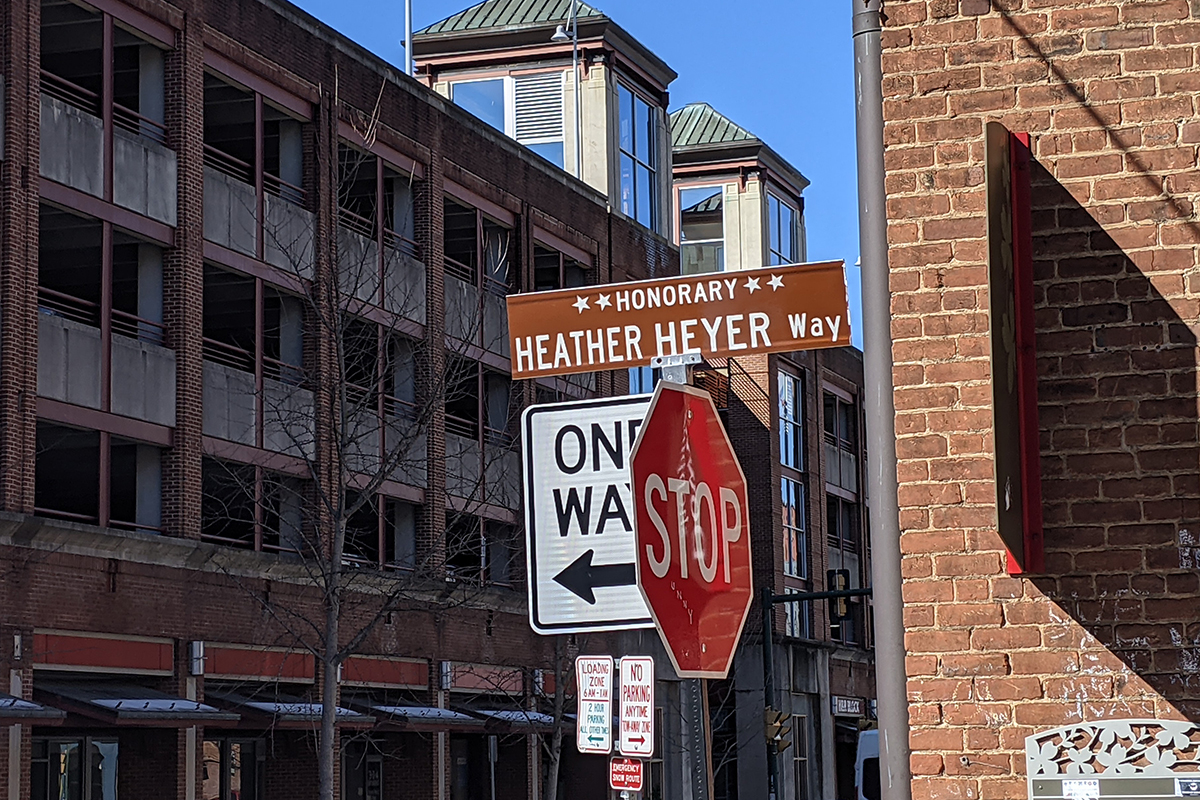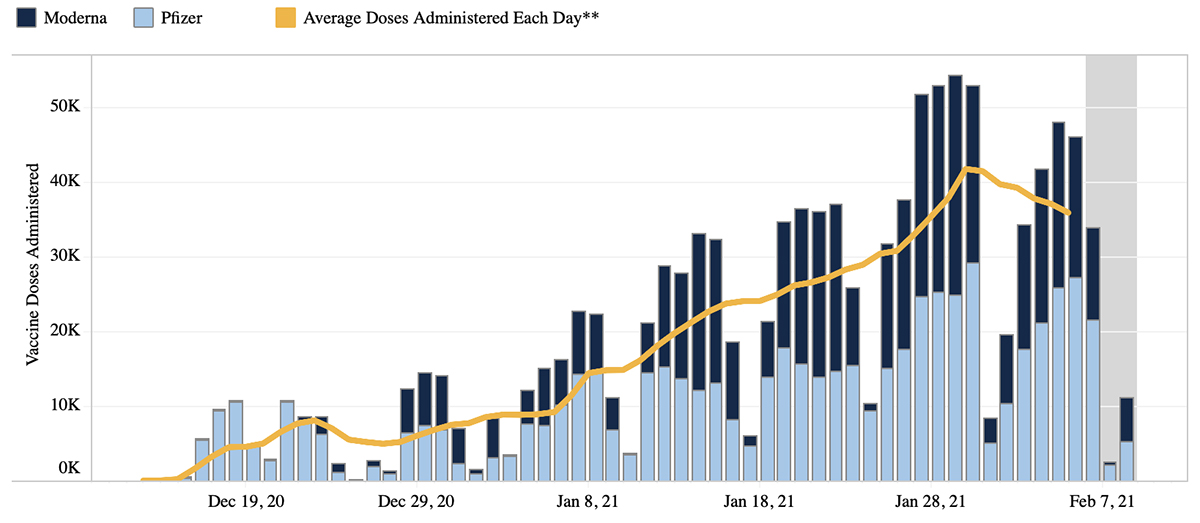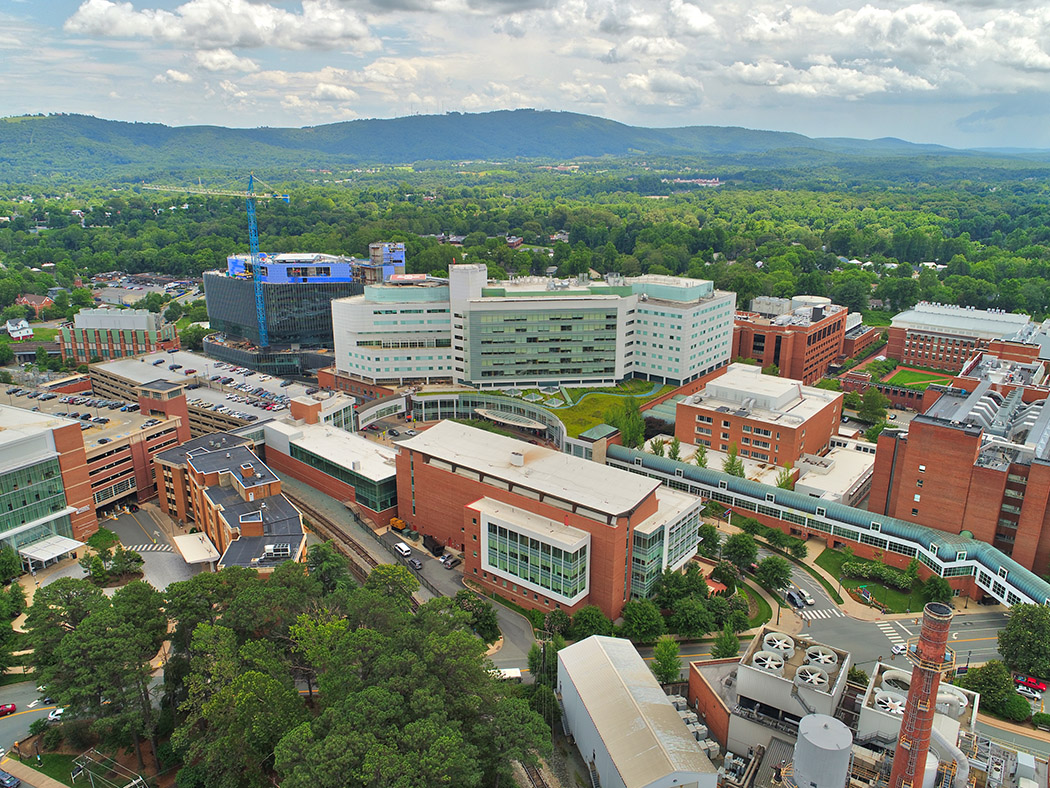Big bucks from Biden
Earlier this month, a slim Democratic majority in Congress passed the
American Rescue Plan, a massive stimulus package designed to restart the economy. One important component of the plan is direct cash assistance for local governments, many of which have been severely affected by the economic downturn during the pandemic.
Local governments will have more or less free rein to use those dollars how they please. Both Albemarle County and Charlottesville City will seek public input in the coming weeks to determine how to most effectively disburse the funds.
$1.9 trillion
Total size of the American Rescue Plan
$130.2 billion
Aid for local governments around the country
$10.5 million
Aid for Charlottesville City
$21.2 million
Aid for Albemarle County
$113.7 million
Aid for Richmond City
__________________
Quote of the week
“Whether you fall into phase 1A or 1B or even 1C, we want everyone to be preregistered because we anticipate an increase in our vaccine supply in the coming weeks.”
—Kathryn Goodman of the Blue Ridge Health District, at a press conference about vaccine distribution last week
_________________
Don’t shoot a cow, man
A Harrisonburg police officer accidentally shot a fellow officer on Saturday, as the department was in hot pursuit of a cow that had wandered out of a stockyard. Local ranchers first tried to capture the animal but injured it in the process. When the police department intervened, the cow charged the officers and gunfire ensued. The officer who was shot is in stable condition at UVA hospital. Unfortunately, the same cannot be said for the cow, which was euthanized.
Volleyball layoffs
UVA fired its entire volleyball coaching staff on Thursday for undisclosed reasons. The school opened a “review of a personnel matter” on Wednesday and evidently didn’t take long before gathering enough information to dismiss all four coaches and administrators—two men and two women. “While I am unable to comment on the details, I do want to commend our student-athletes for their leadership,” said athletic director Carla Williams in a statement.

Skills killed
Governor Ralph Northam’s office intervened this week to close a loophole in a General Assembly-approved gambling bill. The governor has ensured that “skill games,” pay-for-play consoles that have popped up in gas stations and other stores around the state, will be banned after July 1. Manufacturers claim the games reward skilled playing, while opponents insist that they’re just plain old gambling.
Keep ’em coming
Another statue from a bygone era is set to come down in Richmond—this time it’s Harry Byrd, an infamous segregationist who spearheaded Virginia’s “massive resistance” to school integration in the 1950s. Northam signed a bill this week that will remove Byrd’s statue from Richmond’s Capitol Square.
Champs no more
UVA’s men’s basketball team was knocked out of the NCAA tournament in the first round last weekend, falling 62-58 to 13th-seeded Ohio. The formerly defending-champion Cavaliers had a difficult task this time around, after having to cancel practice for the week before the tournament due to a case of COVID in the locker room. It’s the fifth time in eight NCAA tournament appearances that Tony Bennett’s Hoos have fallen to lower-seeded opponents.
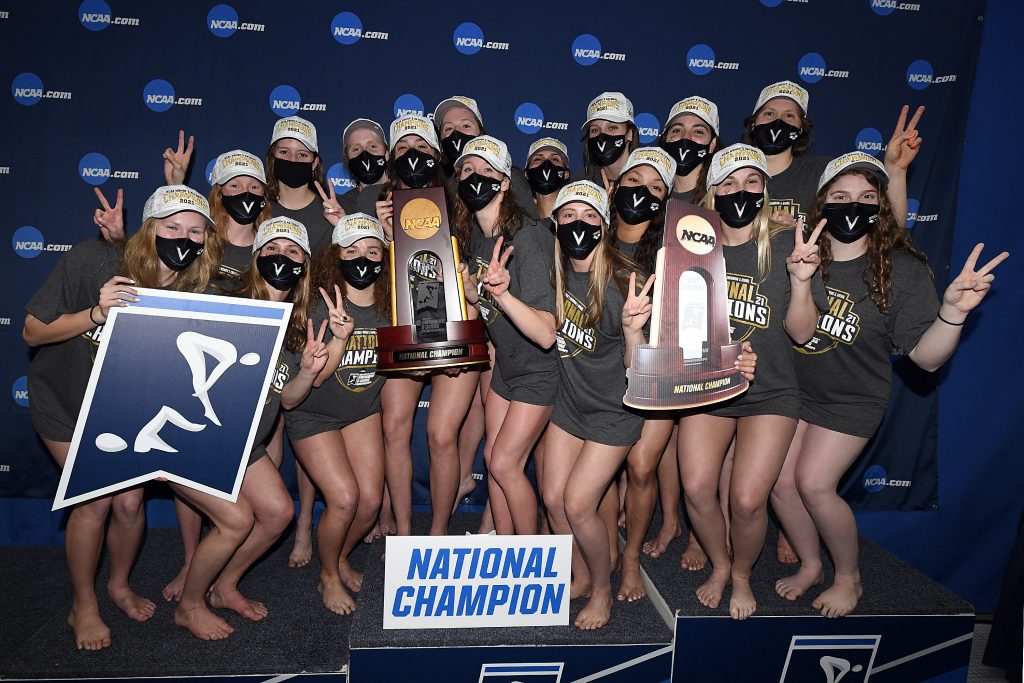
Champs at last
The UVA women’s swimming and diving team took home the program’s first-ever national championship last weekend. The team won the national meet by more than a few lengths, finishing with a total of 491 points—runner-up NC State had just 354. “I’m kind of in awe of what [the swimmers] have done and how much they’ve improved here over the last couple of years,” said head coach Todd DeSorbo to VirginiaSports.com after the victory.
